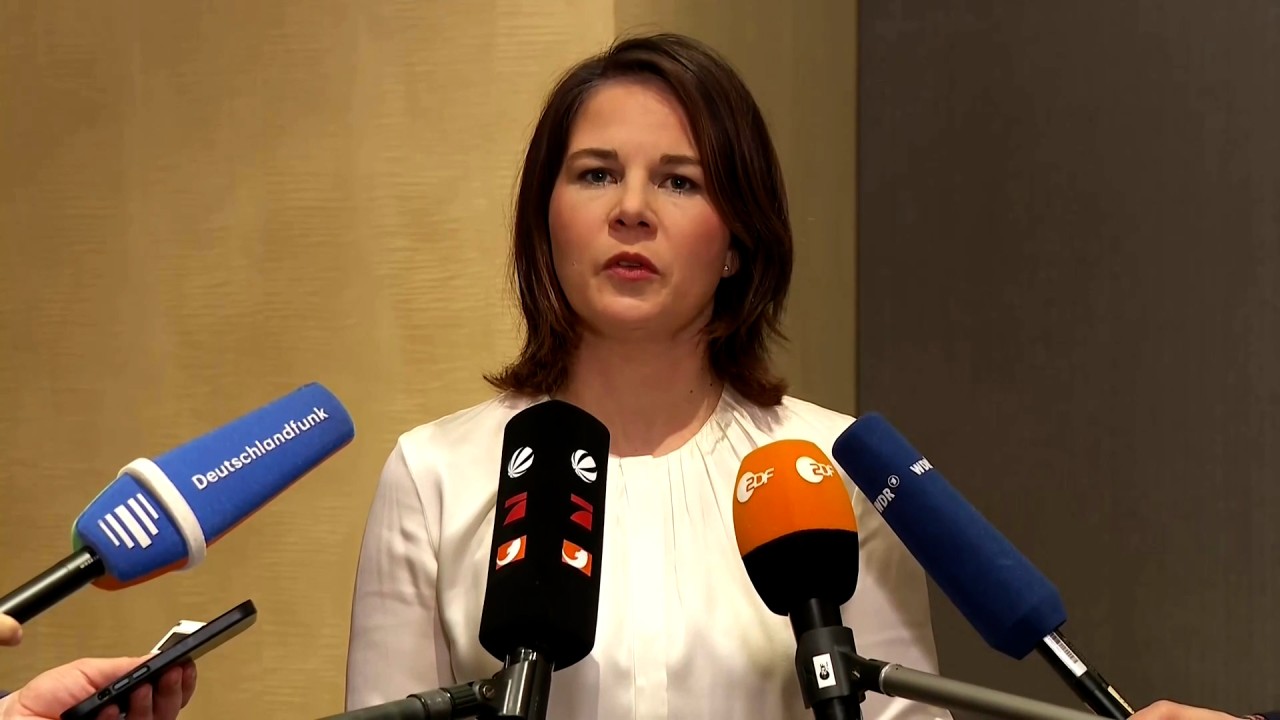
A German anti-China policy? Don’t hold your breath
- German Foreign Minister Annalena Baerbock may be taking a hard line on China, but Chancellor Olaf Scholz will have the final say
- Scholz is aware that the economic reality simply does not allow him to meet Baerbock and her party’s demands on China
Of course, the human rights situation, and especially China’s reluctance to use its influence on Russia to end the war, warrant criticism. But geopolitics is not shaped by idealism, and Germany, as the de facto leader of the European Union, has an overriding interest in remaining economically strong – an undertaking that simply will not work without China.
Meanwhile, domestically, the question now being asked – especially concerning a potential conflict with Taiwan – is how dependent Germany wants to be on China.
However, the strategy’s publication is not expected before early summer, primarily because there is a dispute within the governing coalition about how to approach China.
Parts of the chancellor’s party, the Social Democrats, have a different understanding. The most influential wing of the party in the Bundestag, the Seeheimer Kreis, has called for pragmatism towards China and warned against an “anti-China” strategy. The grouping also sharply criticised Baerbock for “domestic symbolism” instead of “foresighted politics”, urging the foreign ministry not to take an overly confrontational stance and instead to strive for “economic policy on an equal footing”.

He was joined by the CEOs of BASF, Volkswagen and Siemens, among others, indicating that he is putting economic interests ahead of the Greens’ concerns and that a continuation of former German chancellor Angela Merkel’s China pragmatism is more likely than a paradigm shift towards Beijing.

Scholz is aware that the economic reality simply does not allow him to meet the Greens’ demands on China. After all, Russia has caused post-war record inflation of 7.9 per cent in Germany, and exorbitant energy prices haunt ordinary Germans as much as businesses.
Counting on ‘shared values’ won’t get US very far in a multipolar world
Moreover, a foreign policy strategy focused on one country, which could contain guidelines for and possible restrictions on businesses, sounds highly cynical when that it is precisely what China has been accused of – significant government influence and protectionist interventions in private-sector decisions and processes.
In light of these realities, Scholz, who possesses richtlinienkompetenz – the final say in all policy matters – will ensure that the upcoming China strategy might be curt in its tone but will not be an “anti-China strategy” – Baerbock’s ideas notwithstanding.
Thomas O. Falk is a UK-based independent journalist and political analyst


